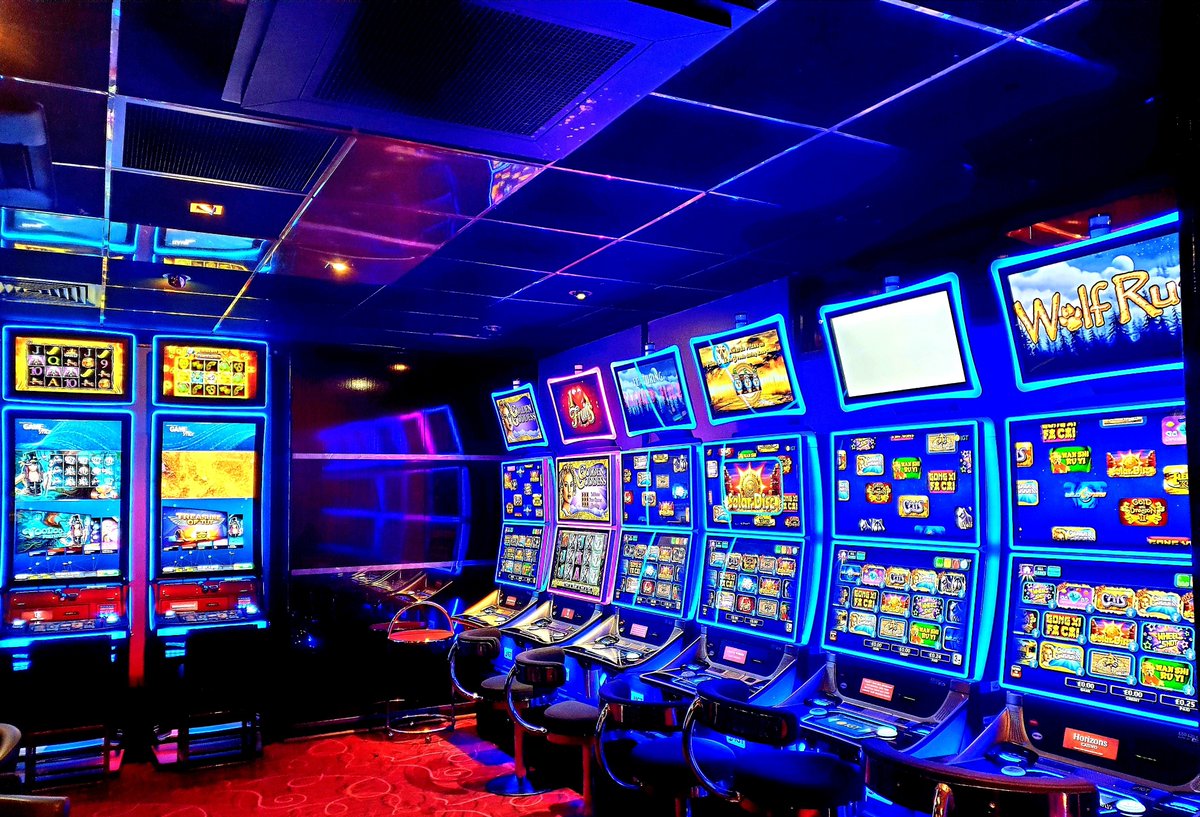This realm of gambling games has experienced a remarkable transformation in recent times, propelled by technological advancements and changing consumer preferences. As more players turn to online mediums for entertainment, traditional gambling games are being increasingly adapted to satisfy the demands of a tech-savvy audience. This transition not only involves the transition from brick-and-mortar to digital environments but also encompasses the development of gameplay systems and player engagement strategies.
In this emerging virtual age, video game developers are harnessing innovative techniques to develop immersive environments that appeal with a diverse spectrum of players. From web-based fruit games with stunning graphics to interactive card activities that replicate the feel of a real-life casino, the modification process is changing how we view and enjoy casino games. As we explore this captivating process, it becomes clear that the future of gaming lies in the smooth fusion of advanced tech with the everlasting appeal of luck and tactics.
A Evolution of Casino Entertainment
Casino entertainment have undergone significant changes throughout the years, reflecting shifts in tech, society, and player preferences. https://00kubet.com/ In early eras, simple games of chance were enjoyed using primitive items such as rocks and animal remains. As civilizations evolved, so did the sophistication of these activities. The emergence of playing cards in the medieval period marked a key moment, culminating to the creation of well-known games like Texas Hold’em and blackjack, which are continuously played in the present. Over the centuries, the design of gambling establishments has also evolved, shifting from tiny local venues to expansive, elaborate establishments.
The twentieth century ushered a transformation in the realm of casino games with the advent of digital gaming. Fruit machines appeared as a popular attraction, fascinating players with their vibrant lights and sounds. This era also saw the emergence of casino resorts, which combined luxury accommodations with a diverse array of casino options. The launch of video games further broadened the field, allowing for more intricate designs and gameplay mechanics. These innovations not only attracted a broader audience but also altered the way gambling games were played.
With the rise of the internet in the final 90s and beginning 2000s, casino games moved into a new digital phase. Online casinos emerged, providing players with the convenience of playing from their homes. This transition required game designers to reconsider traditional mechanics and adapt them for an engaging digital environment. Today, advancements in technology, including mobile gaming and virtual reality, continue to shape the progress of gambling games, creating immersive experiences that engage players like not before.
Main Highlights of Virtual Casino Experiences

Virtual gambling experiences have transformed the way participants engage with casino gaming by providing engaging experiences that replicate the thrill of physical casinos. One of the most significant features is the incorporation of premium graphics and animations, creating a aesthetically appealing environment. Developers focus on providing authentic themes and enthralling storylines that draw players into the game, enhancing their overall experience. The ability to deliver 3D visuals and impressive sound effects means that players can experience a vibrant atmosphere comparable to what they would find on a casino floor.
Another key aspect of digital casino games is the accessibility they offer to gamers around the world. Digital platforms enable individuals to play their most-loved games from the comfort of their own homes or on the go through mobile devices. This flexibility is accompanied by a diverse selection of gaming choices, including video slots, card games, and live gaming experiences. Players no longer need to travel to a physical location to enjoy their beloved betting experiences, allowing a wider audience to engage with gambling experiences.
Lastly, online casino games frequently incorporate creative features such as engaging gameplay and community features. Many games now allow players to go head-to-head against one another, enter tournaments, or even share their achievements on social media. This change encourages a community spirit among players while promoting healthy competition. Additionally, features like customizable avatars and in-game chat options improve social interaction, making the digital gaming experience even more thrilling for all users.
The Outlook of Online Gaming
When technology makes progress, the landscape of online gaming is set for significant change. Immersive and enhanced reality are disrupting the industry, offering players an realistic simulation that mirrors the excitement of being in a physical casino. These advancements create opportunities for game designers to introduce new game formats and interactive features, reshaping how players interact with their beloved casino games.
Moreover, the integration of smart technology is improving user experiences and personalizing gameplay. AI can assess player behavior, suggest tailored game options, and improve customer support through automated assistants. This personalization not only keeps players engaged but also helps build a committed community around particular casino platforms, setting them for success in a competitive market.
In conclusion, the rise of smartphone gaming is another crucial factor shaping the future of online gaming. With an ever-growing number of players playing casino games on their smartphones, game designers are focusing on optimizing their platforms for mobile access. This shift allows players to play casino games anywhere, paving the way for a more flexible and accessible gaming environment that attracts a broader audience.